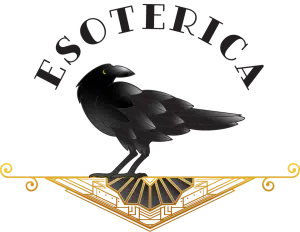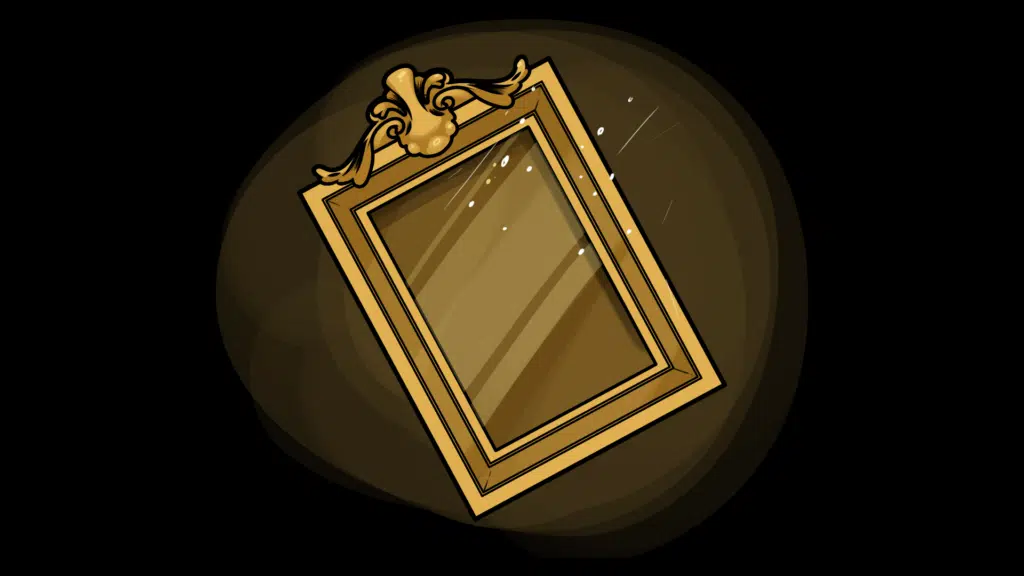George F. walker, one of Canada’s most prolific and popular playwrights, pens an elegy to his father in seven parts. Esoterica will syndicate one part each day leading up to Father’s Day, 2022.
By George F. Walker
He was 44 when I was born.
Part of the biggest crowd to ever pop out and swamp this country. There were 53 kids in my kindergarten class. It was noisy and it overwhelmed me, so my dad stayed with me for most of the first week. He sat in a chair with me on the floor hugging his leg. And I’m pretty sure he thought there was something wrong with me.
Nevertheless, he took time off from work to sit in that chair hoping I’d just somehow get used to being in that crowd. I never really did. Not that crowd. Not any crowd.
He once drove me all over the city looking for a skating rink I’d like. We passed one that was empty. I chose it immediately. When we went back the next day at a time when it WASN’T CLOSED, the place was packed. And I refused to get on the ice. He just sighed. But now I was sure he thought there was something wrong with me.
He worked for the city in often demeaning jobs. So, his life was all about being with my mother. And me. My older sisters had all gone off to get married. And he often wondered out loud why they were in such a hurry about it. I think he missed them a lot. He’d already spent almost 6 years away from them during the war. And it was lost time he was still trying to make up for.
So, this was the man I knew. Hardworking. Balding. Loving. Kind of sad. My Dad. There are lots of photos of that guy.
But none of the guy who he really was. That guy I only learned about when my mother started telling me stories from his youth. Stories that still shocked her even though she’d been hearing them for years. She talked about his teens. His runaway years, which started when he’d go out West every summer to help harvest wheat. Three summers in a row. Except that after that last one, he didn’t come home. And he wasn’t heard from for almost 3 years.
My grandmother became convinced he was dead. My military grandfather thought he was out there just finding out who he really was. Which he was apparently: a young guy who — instead of doing what he was expected to do — did what he’d been dreaming of doing for two years.
He crossed the border and started to ride the rails across America. Living in hobo camps. Stealing chickens and root vegetables from farmers to make hobo stew. Running for his life away from railroad “bulls” wielding clubs meant to cripple. That was great fun, he told my mother. Some very close calls, but mostly very exciting.
Then one day he decided to settle down for a while. He was in Cheyenne, Wyoming, so settling down for him meant joining the United States Cavalry. I think he lied to get in. About his age. About being an American. About what he knew about horses. But there were 3 meals a day and he got to sleep indoors. So, all was fine. He made friends. He always made friends. And he liked this new life in uniform. Until about month into his career when some of his uniformed friends lined another one of his friends up against a wall. And shot him. For desertion. In peace time.
My father’s reaction to what a lot of the other Horse Soldiers confirmed as an illegal act, was to desert himself. Fast. And head out on the rails again. Going nowhere in particular. Just travelling. Making pals. Many of them veterans of WW1. Broken men. Bitter and angry. Betrayed by their government. Distanced from their families and entire communities. From anyone who hadn’t been in the trenches. From anyone who couldn’t understand the hell they went through. And some of them weren’t very eager to stay alive. And didn’t. Suicides were a thing. And they shook him and confused him.
Yes, my father was saddened by these men, but he was still basically a boy. With an adventure to complete. And another armed service to join. This time the U.S. Marines. But the training was brutal and the non-commissioned officers doing the training were nastier than the railroad bulls. So, he deserted from that noble undertaking as well. But this time he was caught. And things turned dark and dangerous very quickly.
To be continued …
George F. Walker is one of Canada’s most prolific and popular playwrights. Since beginning his theatre career in the early 1970s, Walker has written more than 30 plays and has created screenplays for several award-winning Canadian television series. Part Kafka, part Lewis Carroll, Walker’s distinctive, gritty, fast-paced tragicomedies illuminate and satirize the selfishness, greed, and aggression of contemporary urban culture.

